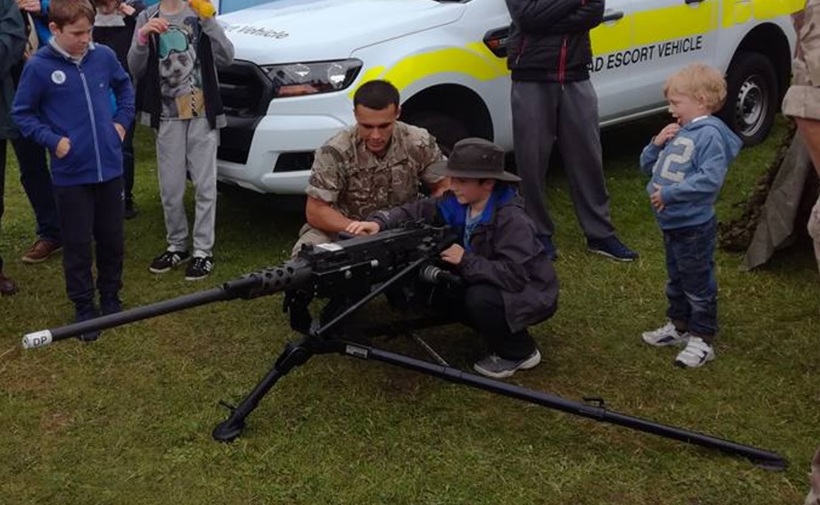Putting peace on the careers agenda
When Gill Alcock realised her daughter's school was hosting military themed activities, she started looking for opportunities to promote peace.

I approached my daughter's high school after she came home from a Year 8 assembly with a recruiting leaflet for the Sea Cadets. I didn't know who to contact at first but then spoke briefly to the headteacher at a function and he arranged to meet me properly.
The meeting didn't happen for some weeks, during which the school held a Careers Fair. They invited parents' companies and organisations to run stalls, alongside others including the military.
School careers fair
I pulled together an exhibition and stall on peacebuilding opportunities. With support from the Peace Education Programme at Quakers in Britain and Northern Friends Peace Board, we produced a handout for pupils.
It explained that good conflict resolution and peacebuilding skills are valued by employers across the board, that these skills can be learned, and it gave links to trainers and peace studies degrees. The school copied them for me and 500 were taken by pupils.
Meeting the headteacher
Researching the handout prepared me for a very positive discussion when the headteacher and I met. My most influential points were firstly that, unlike Scouts, Guides, etc, in a military youth organisation, such as Sea Cadets, children as young as 13 can do weapons training. Secondly, that conflict resolution and peacebuilding skills support existing school priorities and OFSTED requirements.
A student-led ethics committee
I was then invited to put my concerns and suggestions to the school governors. The governors proposed the setting up of a student-led ethics committee to consider requests from the military and others to talk directly to students, and how to ensure balance. They also strongly supported teaching conflict resolution and peer mediation skills. The school is now planning to take this forward and we are offering support such as a Peace Education Day.